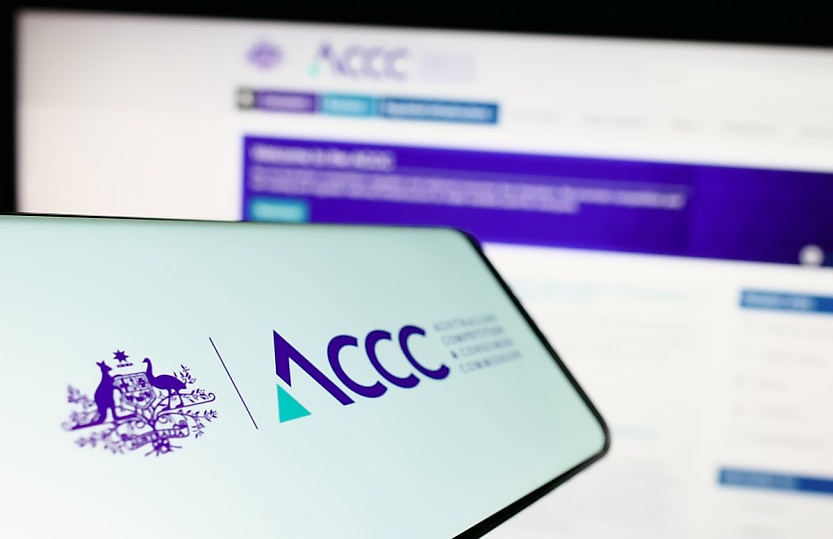BCA calls for more comprehensive business guidance on ESG claims

Uncertainty around how the law applies to environmental and sustainability claims is limiting incentives to invest in decarbonised goods and services, says the Business Council of Australia.
The Business Council of Australia has told the ACCC that clearer guidance is needed about how businesses can comply with existing laws regarding environmental and sustainability claims in response to the ACCC’s draft guidance for business.
The BCA said while the existing economy-wide legislative arrangements for addressing misrepresentation — largely embodied in Australian Consumer Law (ACL) — are appropriate for addressing greenwashing in Australia, there was still uncertainty around how the law applies.
“Uncertainty about how to comply with ACL risks is driving unnecessarily conservative market behaviour and limiting incentives to invest in decarbonised goods and services over time,” the BCA said in a recent submission.
“The provision of clear guidance about how businesses can comply with existing laws, will help improve outcomes for consumers, businesses and the broader community.”
The submission said that the proposed guidance for businesses on ESG claims could be enhanced in a number of ways.
BCA said providing comprehensive guidance about how the ACCC will will assess claims is very important for businesses.
“Guidance should be provided on the factors that will influence the ACCC to investigate environmental and sustainability claims in the first instance and seek to exercise its prosecutorial discretion,” it said.
“The ACCC should also explain how it will assess the integrity of offsets used in relation to environmental and sustainability claims and the nature of the information businesses should provide to support such a claim.
BCA said its also important that the guidance contains examples and case studies and is comprehensive with respect to the full range of environmental and sustainability issues, such as waste management, biodiversity and water scarcity, in addition to issues related to greenhouse gas emissions.
“[There also] need to examples and case studies to address what would constitute greenwashing in business-to-business transactions, and (non-consumer) stakeholder communications,” it said.
Further guidance is also needed for retailers about the circumstances in which it is reasonable to rely on environmental or sustainability related representations made to them by third parties about products or services supplied being offered for sale to their consumers, according to the submission.
BCA said that clearer guidance was also needed around the use of third-party certification schemes.
“Clearer guidelines around best practice for businesses in selecting certification schemes that could deliver the highest value for both companies and consumers,” it said.
“With 57 certification schemes in Australia alone, this presents a significant challenge.”
Clearer and more consistent definitions are also needed in the guidance, according to BCA.
“For example, there is a need to clarify the criteria for defining a product as reusable, and how many uses defines reusability,” it said.
“Additional examples include a few common use terms such as organic, efficient, biodegradable and what thresholds may apply in order to accurately use these terms.”
About the author







